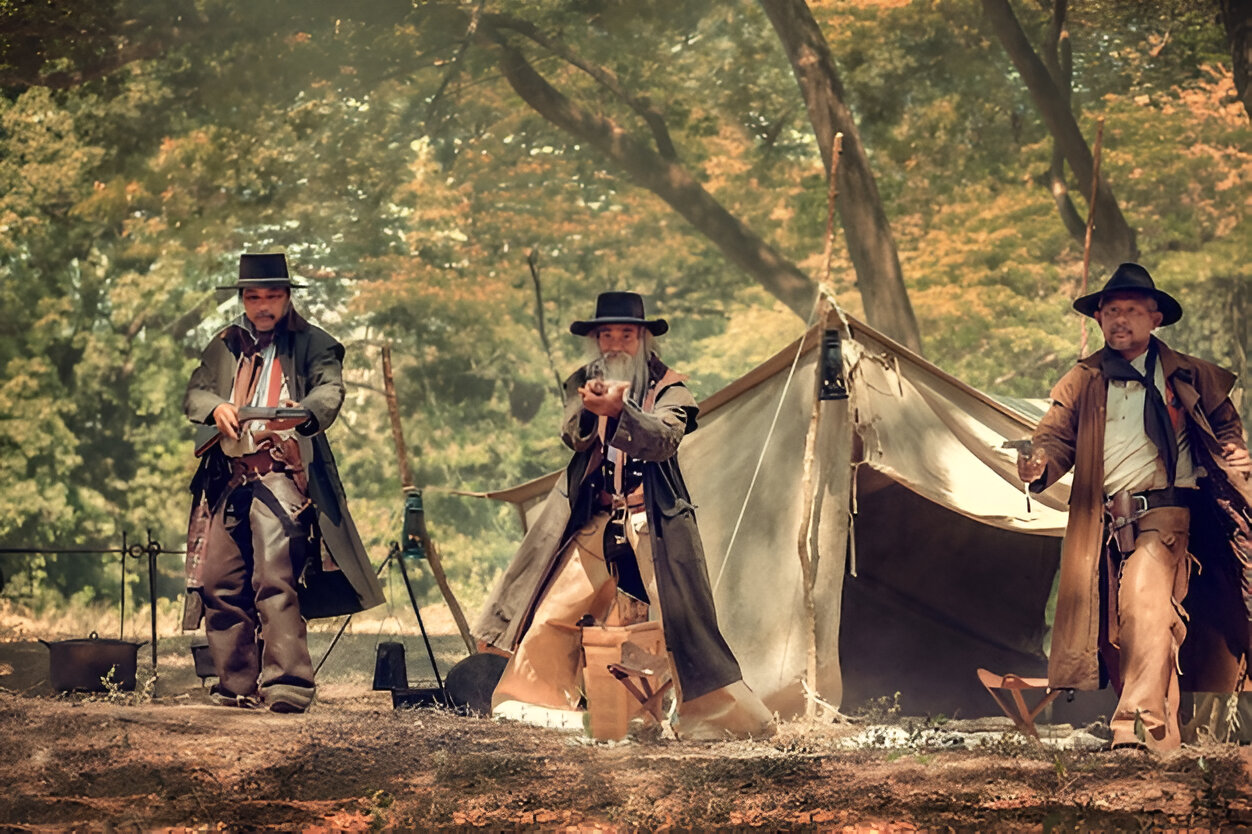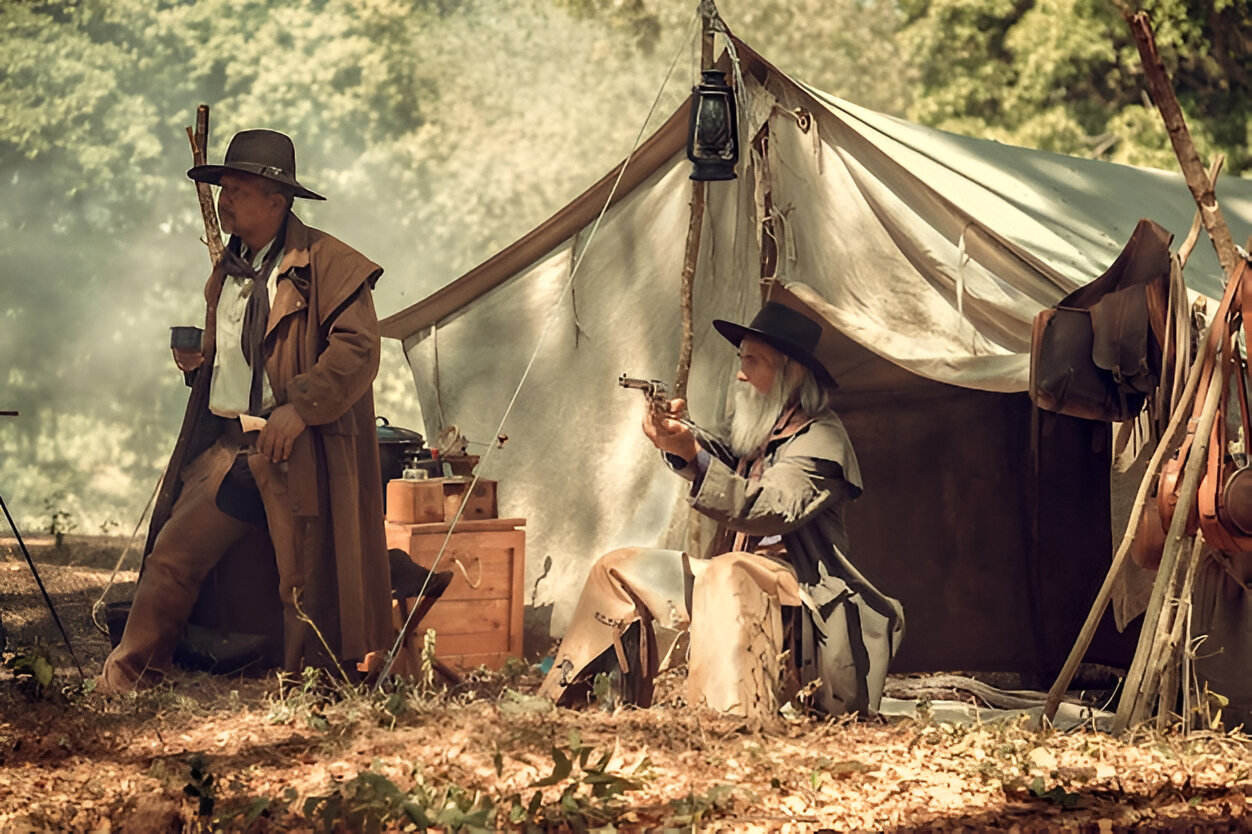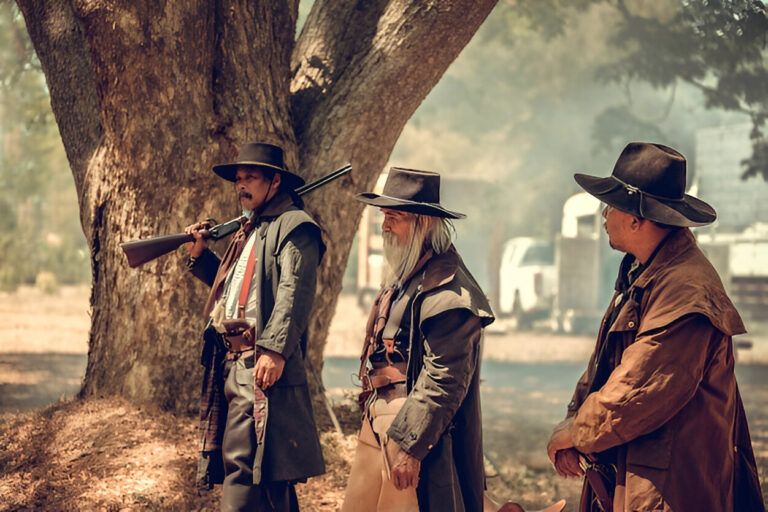Jefferson Davis Parish Hunting Violations – When Silence in the Woods Turns Into Echoes in Court
Introduction – Whispers Beneath the Pines
In the early morning stillness of Jefferson Davis Parish, Louisiana, the forests breathe softly, the mist clings to ancient oaks, and life stirs in the underbrush. It’s a sacred space — where deer leap like shadows, ducks rise with the fog, and hunters tread with reverence. But every so often, this quiet covenant between man and nature is broken.
When hunting violations happen here, they are more than legal missteps — they are fractures in the soul of a land where tradition, ethics, and wilderness intertwine. This article takes you on an emotional, poetic journey through Jefferson Davis Parish hunting violations, illuminating their consequences, causes, and the deep need for respect between hunter and hunted.
The Culture of Hunting in Jefferson Davis Parish
In this corner of southwestern Louisiana, hunting is not a hobby — it’s heritage. Passed down from fathers to sons, whispered through tales around campfires, it binds families and seasons. The parish’s bayous and fields are rich with life: whitetail deer, wild turkey, migratory birds, rabbits, and more.
Hunting here is about more than food. It’s about rhythm, patience, and an age-old dance between man and wild. But with that deep connection comes an unspoken code — one that, when broken, leaves scars far beyond the woods.
Common Jefferson Davis Parish hunting violations
While most hunters follow the rules with pride, a few slip into shortcuts. Some out of ignorance. Some from greed. Some because they forget the forest is always watching.
1. Hunting Out of Season
Taking game when it’s not allowed can disrupt breeding cycles and endanger populations. It’s one of the most reported violations in the parish.
2. Exceeding Bag Limits
Every deer, every duck has a limit. Crossing it means more than just a fine — it means robbing the land of its balance.
3. Night Hunting (Spotlighting)
Using lights to hunt at night is both illegal and deeply unethical. The glow that reveals an animal’s eyes also reveals a hunter’s intent.
4. Trespassing on Private Lands
In the dense woods, property lines blur. But respect must never be blurry. Trespassing turns a sport into a crime.
5. Hunting Without a License
A license isn’t just paperwork. It’s a pledge — to follow the law, to honor the game, and to stand accountable.
Enforcement and Watchfulness – The Role of Wildlife Agents
Louisiana Department of Wildlife and Fisheries (LDWF) agents patrol these lands like quiet guardians. They move through the swamps, forests, and backroads — not to punish, but to protect.

Their duties include:
- Monitoring hunting zones and seasons
- Conducting license checks
- Investigating anonymous tips
- Recovering poached wildlife
- Educating youth and new hunters on ethics
These officers are not the enemy — they are the protectors of something sacred.
The Human Stories Behind the Headlines
Every violation has a face. A story. A reason. And often, a regret.
“I just wanted to feed my family. Times were hard,” one man confessed after being caught night hunting.
“I didn’t know the rules had changed. I thought it was still the season,” said another, teary-eyed, holding a fawned-over rifle he inherited from his grandfather.
The law may be firm, but the heart of each case beats with complexity — poverty, misunderstanding, tradition, and sometimes, simple selfishness.
Fines, Penalties, and Legal Consequences
The Louisiana hunting code is no paper tiger. Violators in Jefferson Davis Parish can face:
- Hefty fines (up to $950 per offense)
- Confiscation of weapons and gear
- License suspension
- Jail time for repeat or severe offenses
- Community service or wildlife rehabilitation work
But the harshest sentence is often emotional — being shunned by fellow hunters, or losing the right to walk those woods again.
The Impact on Wildlife and Ecosystems
Each violation ripples across the ecosystem:
- Out-of-season kills disturb breeding and nesting
- Overhunting reduces biodiversity
- Illegal baiting attracts predators and diseases
- Night hunting leaves the orphaned young behind
These aren’t just rules — they’re lifelines for the balance that sustains swamps, soil, sky, and all who live among them.
Restoring Trust – Education and Ethics
The road to redemption in Jefferson Davis Parish is paved with education. The LDWF offers:
- Hunter Safety Courses
- Youth Hunter Training Programs
- Public Awareness Campaigns
- Workshops on Ethical Hunting
Because when people know better, they often do better.
Community Response – A Parish That Cares
Local churches, landowners, hunting clubs, and elders often step in where the law stops. They:
- Counsel young violators
- Rebuild understanding between neighbors
- Organize ethical hunts and community clean-ups
In this place, the forest is family — and family takes care of its own.
The Future of Hunting in Jefferson Davis Parish
To hunt here is a privilege, not a right. And if future generations are to walk these woods and hear the morning call of wild geese or the rustle of deer in the brush, respect must return to the forefront.
Hunting is not conquest — it is communion. It’s not about taking — it’s about harmony.

Conclusion – Reclaiming the Sacred Silence
The stillness of the woods forgives, but it does not forget. The leaves remember each bootprint. The wind whispers every name. jefferson davis parish hunting violations are not just law-breaking — they are heart-breaking.
But with reflection, education, and a return to reverence, the balance can be restored. The deer will run. The ducks will rise. And the hunter, once again, will walk with honor.
Because in this sacred dance, we are not just hunters.
We are stewards.
We are storytellers.
We are part of the wild we seek.
FAQs
Q1: What are the most common Jefferson Davis Parish hunting violations?
The most frequent include hunting out of season, exceeding bag limits, night hunting, trespassing, and hunting without a license.
Q2: How can hunters avoid violations?
By staying informed on season changes, acquiring proper licenses, respecting private property, and taking hunter safety courses.
Q3: What are the penalties for hunting violations in Louisiana?
Penalties can range from fines and equipment confiscation to jail time and license suspension, depending on the severity.
Q4: How does illegal hunting affect local wildlife?
It disrupts natural breeding cycles, causes population imbalances, and can lead to ecosystem degradation.
Q5: Are there programs to help educate new hunters?
Yes. LDWF offers numerous hunter education courses and community outreach programs for all ages.
